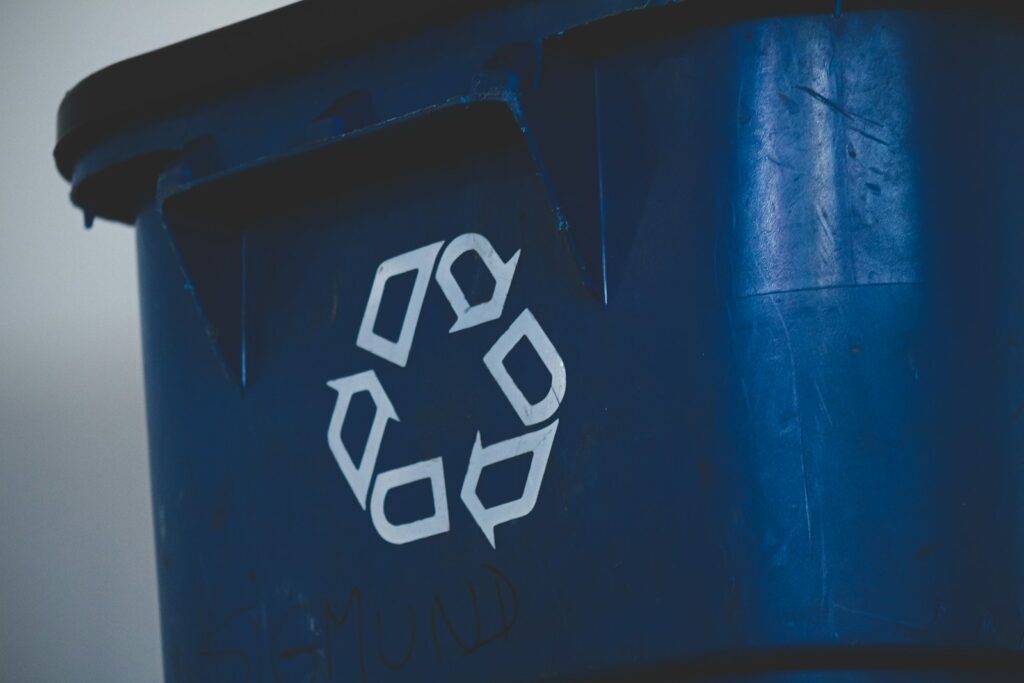Moving to a more circular model could boost London’s economy by £7bn and create thousands of new jobs, according to a new report.
A report published today by the London Assembly’s environment committee highlights the benefits that moving to a circular economy could bring to the capital.
It claims developing a circular model could create 12,000 new jobs by 2030 and boost the economy by £7bn.
It adds London is at the early stages of transitioning to a circular economy.
The London Waste and Recycling Board has recently published a route map, focusing on five key business sectors, but it will need support from London mayor, Sadiq Khan to succeed, according to the report.
The report states more can be done to utilise waste as a resource in order to help the city to become carbon neutral.
It highlights projects like the food-sharing app OLIO, which has 250,000 members in London, who have shared more than 32,999 meals.
Developers at the Old Oak and Park Royal Mayoral Development Corporation are now planning with the circular economy in mind, designing buildings, which are adaptable, rather than having one fixed use.
‘The potential for new jobs is enormous. Where we go from here, however, is crucial. The mayor needs to take a visible lead in pushing the circular economy forward.’ Leonie Cooper, chair of the London Assembly environment committee
But the report adds there is still much to be done to promote the idea of a circular economy.
According to recent surveys, half of all small and medium-sized businesses have not heard of the circular economy and nearly half of waste management companies do not understand the term.
The report argues the London mayor should use the purchasing power of the GLA to encourage the growth of the circular economy.
And the mayor should also set out a vision and specific milestones for moving towards a circular approach.
‘The way we deal with waste in London needs to change,’ said committee chair, Leonie Cooper.
‘Recycling rates have fallen, the population continues to grow, and landfill space is quickly running out.
‘We acknowledge the importance of the Route Map produced by the London Waste and Recycling Board (LWARB) and we’re delighted to see importance given to the circular economy in the mayor’s draft environment strategy.
‘Clearly we are in the early stages of change. This is further demonstrated by the growing popularity of innovative recycling websites and apps. The potential for new jobs is enormous,’ she added.
‘Where we go from here, however, is crucial. The mayor needs to take a visible lead in pushing the circular economy forward. This should start with ensuring that organisations in the GLA Group procure goods and services in line with its principles.
‘The mayor should set a whole-city vision, which includes specific milestones towards growing the circular economy. Awareness also needs to be vastly improved among London’s businesses and an outreach programme led by the mayor would address these issues.’
The report follows a recent rebranding exercise by LondonWaste, which has now changed its name to LondonEnergy and adopted the strapline ‘powering the circular economy’.
The company’s managing director, Peter Sharpe, said: ‘We are transforming from a traditional waste management business into an energy, recycling and resource management business and this rebranding better reflects the current and future activities of the company.’
Photo by Friends of Europe
















